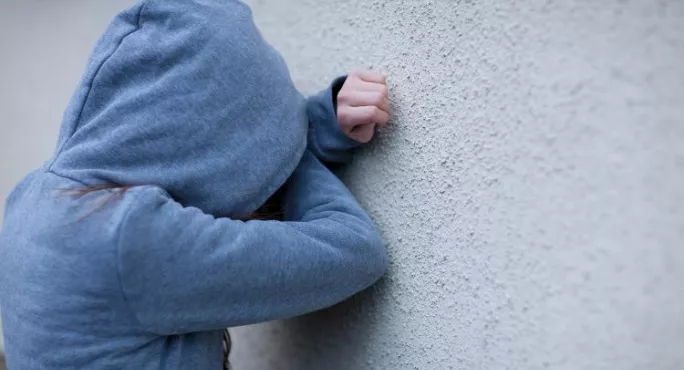
- Home
- How coronavirus could change behaviour management
How coronavirus could change behaviour management

If your working weeks are anything like mine, right now you will be planning for some sort of a return to school for some of your students in the near future.
As a teacher, leader and multi-academy trust trustee, I am involved at various layers of planning for three different organisations, and part of that planning has involved consideration of how the different behaviour systems in those schools and trusts will need to be different in the short-term and potentially in the medium term, too.
Coronavirus: Behaviour management when schools reopen
I predict a near-universal acceptance from teachers that there will need to be a degree of understanding that the time away will not have been entirely positive for many of our students and that a beefed-up pastoral support offer will need to be in place.
This will be welcomed by everyone, but we must also understand that for a small minority of children, the time away from school has been a relief from what will have felt like an ordeal before lockdown. Perhaps they were being bullied or were struggling with the social and organisational demands of school life and this time has been a form of respite. Not every child will be running back into school with open arms.
School will also look and feel different for a period of time, and fewer children doesn’t automatically mean an easier time for everyone, so for all of these reasons we can anticipate some behaviour issues that we will need to deal with.
The big question to answer will be how schools choose to deal with those issues when some of the usual approaches in their behaviour policies are likely to be off-limits.
No more detentions?
What about detentions, the go-to sanction of the secondary school? It is difficult to see how they can be maintained in their current form if schools need to continue to minimise the time students spend on site. I can see a place for focused work with children on a one-to-one basis for a short period of time, but it seems a bit pointless to have several children in the hall, socially distanced, killing time after school thinking about what they did.
What about the use of isolation? I can see a need for there to be a place for students to receive support if they are struggling to manage in lessons (and this, of course, prevents disruption for others), but the more common tactic of placing students in a room to work in silence for a few periods will prove challenging. Some schools will retain this option, but capacity will be limited. What do you do if you run out of room? Again, this form of “sit there and think about what you did” may well prove a blunt tool to improve behaviour.
Relaxing uniform rules
How strict will you be with uniform? Some children will have grown out of some of their uniform (or all of it if they’re growing at the rate my son is) and been unable to buy replacements yet, including shoes. My daughter is moving to secondary school and we daren’t buy anything yet for obvious reasons. Law and order is unlikely to collapse if we allow some flexibility. The same goes for haircuts. I reckon we’ll be OK if we allow a few boys to have hair that is longer than collar length.
Will you be allowed to send pupils out of your classroom for a few minutes into the corridor to cool off or for a quiet word? That may take some coordination with your neighbours, or it may be banned in some schools altogether.
What about the use of fixed-term exclusion? I know that the line is that it is only used for the most serious of incidents, but the national statistics suggest that this is not always true.
Exclusion could also be a difficult strategy given that school leaders are likely already worried by how much time children have spent away from school, widening the gap between pupils who are most likely to be excluded and their peers. It doesn’t make sense to then resort to exclusion for things that could be dealt with in other ways. Perhaps in this period of time it will only be kept for the most serious issues.
Behaviour lessons for the future
This period of readjustment and its restrictions presents all of us with an opportunity to reassess how we deal with behaviour when some of the most commonly-used responses may be unavailable to us for a while. I hope that rather than dismissing talk of supporting unmet needs, we can contemplate what children may have been through during this time away from school, and what that means for how we respond to behaviour.
Lastly, we should remember that, at any time, there is always a small but significant number of children who have been out of school for a significant period of time. The lessons we learn from this experience should inform how we approach supporting those children in the future.
Jarlath O’Brien works in a secondary mainstream school and a special school, and is the author of Leading Better Behaviour published by Corwin Press
Register with Tes and you can read five free articles every month, plus you'll have access to our range of award-winning newsletters.
Keep reading for just £4.90 per month
You've reached your limit of free articles this month. Subscribe for £4.90 per month for three months and get:
- Unlimited access to all Tes magazine content
- Exclusive subscriber-only stories
- Award-winning email newsletters
You've reached your limit of free articles this month. Subscribe for £4.90 per month for three months and get:
- Unlimited access to all Tes magazine content
- Exclusive subscriber-only stories
- Award-winning email newsletters



